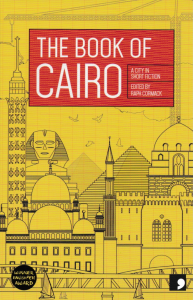
The Book of Cairo, A City in Short Fiction, edited by Raph Cormack, translated from the Arabic by multiple translators, Comma Press, 2019
The Book of Cairo, A City in Short Fiction, edited by Raph Cormack, is the newest addition to the “Reading the City” series published by Comma Press (Manchester, UK), collecting stories by local authors from cities around the world. Each story in the book (like those of the other books in the series) is translated into English by a different translator, which makes the book even more multi-vocal, introducing readers to not only writers, but also to translators working from a particular language into English, in this case Arabic.
The stories (except for one) were originally published between 2013 and 2018, making them of the present time and place, and giving us access into the current literary scene of Cairo. The authors are all born in the late 1970s and the ’80s, which makes them part of the young, hopeful generation who took part in the Tahrir Square protests, who made the Arab Spring possible, and who imagined a different future for their country. And it is through the diverse, imagined worlds in the present collection that they investigate the present moment of a city mutually rooted in history and moving toward the future.

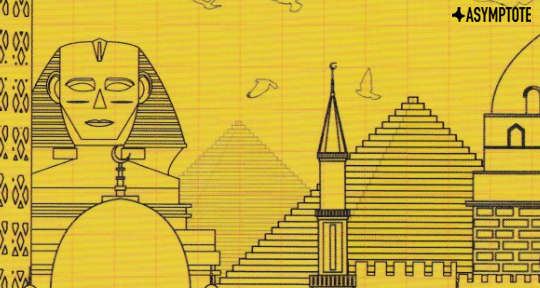
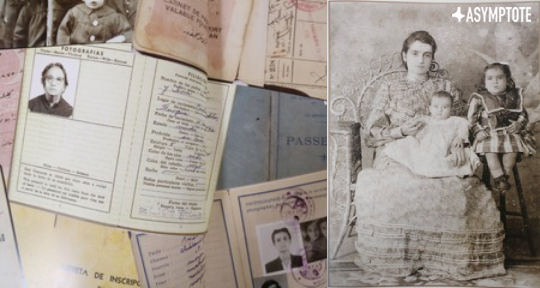



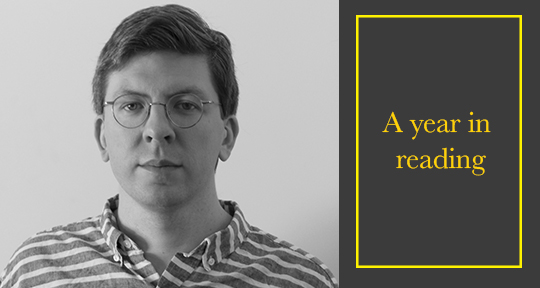

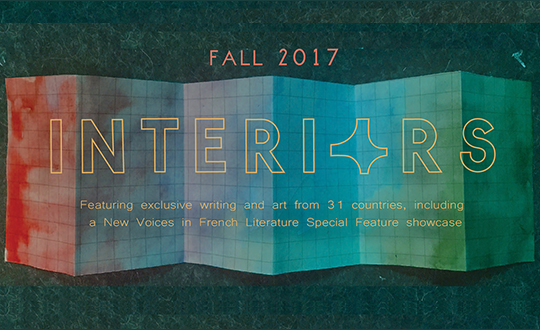
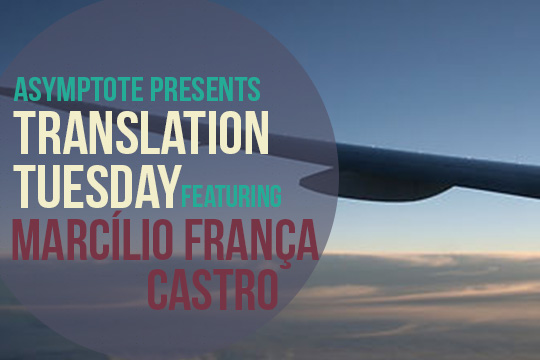
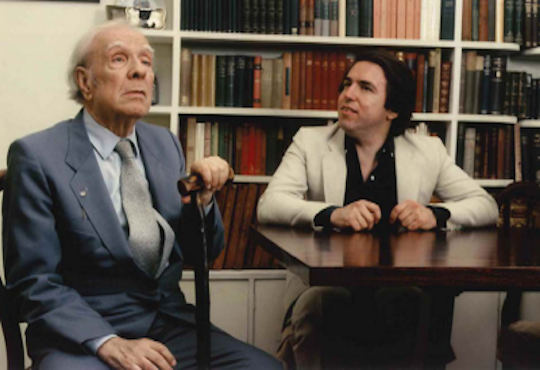
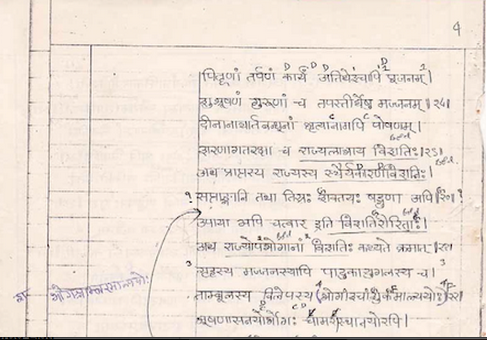
Borges, the Quixote, and Two Street Markets
The author of "The Antiquarian" tackles Borges, contextual understanding… and the singular joys of book shopping
The first time I read “Pierre Menard, author of the Quixote,” I was seventeen and in my freshman year in college in Lima. As anyone who reads Borges for the first time, I was dazzled by the story of a fictional French writer who, at the beginning of the twentieth century, wants to write once again, without plagiarizing or recovering it from memory, Cervantes’s Don Quixote. The most memorable passage of the story comes when the narrator, a friend of Menard’s, and very likely a French fascist, analyzes one paragraph from the novel in two different ways. First, assuming that Cervantes is the author, he concludes that the paragraph is rhetorical and verbose, when written by a seventeenth-century Spaniard. Later, assuming the author is Pierre Menard, a contemporary right-wing surrealist poet, he finds that the same words are fantastically counterintuitive and herald a new form of understanding the world. Since the narrator is a fascist, one suspects that his interpretation is an overinterpretation, the grotesque imposition of ideas that were not there in the original text.
READ MORE…
Contributor:- Gustavo Faverón Patriau
; Writers: - Gustavo Faverón Patriau
, - Jorge Luis Borges
; Tags: - Antiquarian
, - borges
, - Cervantes
, - commentary
, - fascism
, - Grove Atlantic
, - Gustavo Faverón Patriau
, - Latin America
, - Peru
, - Pierre Menard
, - Quixote
, - The Library of Babel